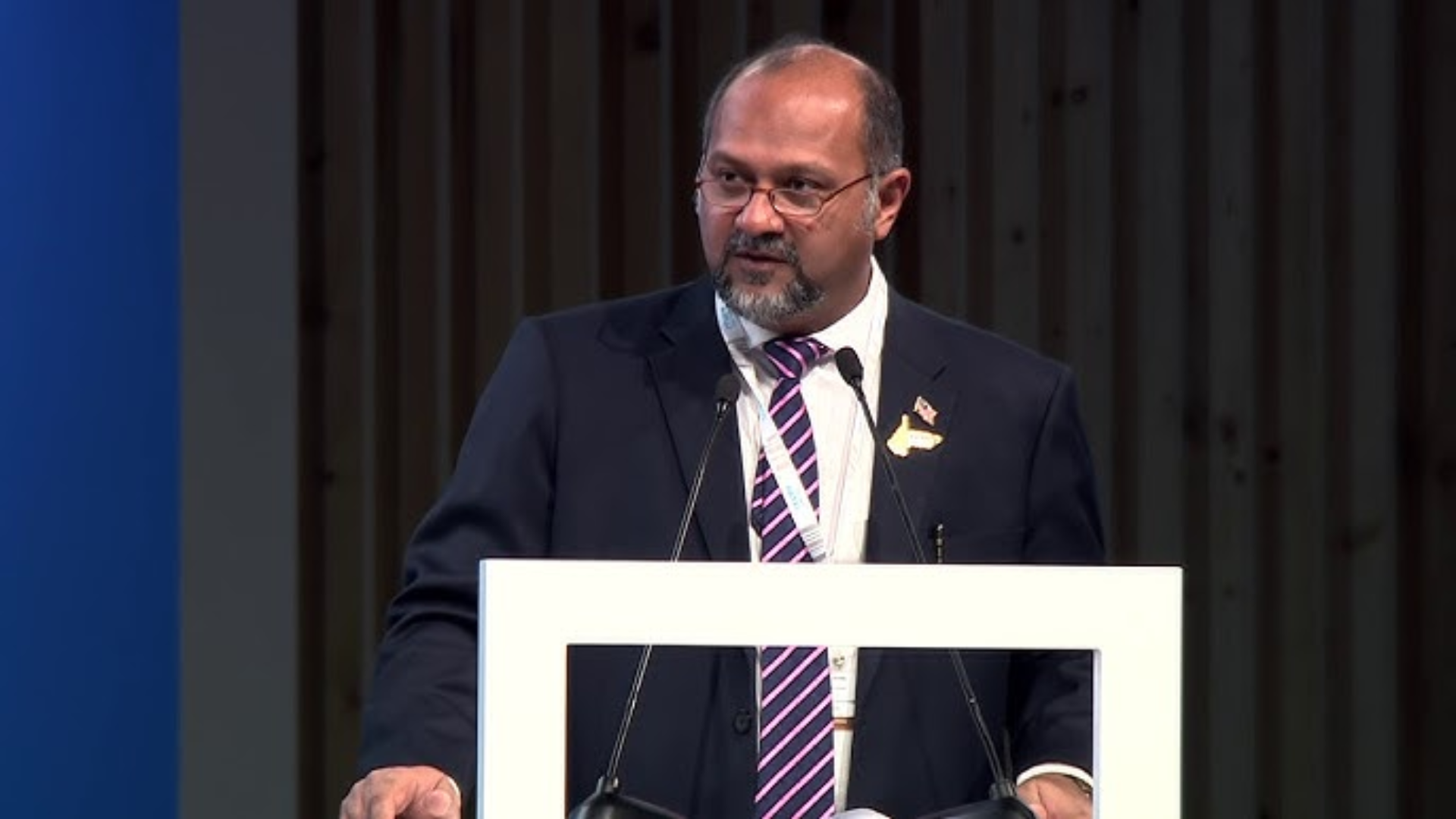A seven-member committee chaired by former ISRO head Dr. K Radhakrishnan has made far-reaching recommendations for the National Testing Agency (NTA). Established to conduct standardized exams like the NEET and CUET, the NTA has faced increasing scrutiny following a recent paper leak in the NEET-UG examination that triggered a nationwide outcry. This committee, appointed by the Ministry of Education, was tasked with recommending structural improvements to the NTA’s processes and addressing data security issues, and it has now outlined several key proposals to reform India’s entrance examination system.
Key Recommendations
The committee’s report recommends adopting a “hybrid model” for entrance exams, making digital transmission of question papers the norm, while maintaining traditional paper-based answer sheets for candidates who may lack access to technology. This proposal addresses both accessibility and security concerns, as digital transmission reduces the number of intermediaries handling the papers, minimizing the risk of leaks.
The panel has also suggested conducting entrance exams fully online wherever possible, especially in urban areas. However, in regions where digital infrastructure may be lacking, question papers would be sent digitally, and candidates would answer using OMR sheets. This setup, according to the committee, offers flexibility without compromising the integrity of the examination process.
Multi-Stage NEET-UG and Subject Rationalization in CUET
One of the committee’s key recommendations for the National Eligibility cum Entrance Test (NEET-UG), which caters to nearly 20 lakh medical aspirants annually, is to adopt a multi-stage exam format. Similar to the JEE Main and Advanced model for engineering aspirants, this two-tier structure would first filter out a portion of the candidates through a preliminary exam, with only qualified students progressing to the second stage. By introducing this tiered approach, the NTA could manage the high volume of applicants more effectively and enhance the quality of candidates reaching advanced medical programs.
Further, the panel has recommended rationalizing the subject choices available in the Central University Entrance Test (CUET). Currently, the CUET offers over 50 subjects, allowing candidates to take exams in up to six subjects. The committee argues that this array of options is excessive, as students have already demonstrated subject proficiency in their board exams. Limiting subjects in CUET would streamline the test, shifting its focus toward evaluating general aptitude and core subject knowledge.
Permanent Staff and Expanded Infrastructure for the NTA
One significant structural recommendation involves staffing. The NTA, which currently relies heavily on contractual and outsourced personnel, is encouraged to employ more permanent staff to manage its complex operations. This would not only enhance the stability of its workforce but also enable the agency to carry out the proposed reforms more effectively.
To reduce dependency on third-party exam centers, the committee advocates for the development of dedicated NTA-controlled centers for computer-based tests (CBT). This shift towards self-reliant infrastructure would allow the agency to maintain direct control over exam security and streamline its operations. In support of this initiative, the Ministry of Education has engaged with state education departments and central institutions, seeking potential spaces within government facilities and universities that can serve as official testing venues.
Security Enhancements for Entrance Examinations
The committee’s recommendations emphasize stronger data security protocols to prevent incidents like the recent NEET-UG paper leak. A digital transmission of question papers would enable the NTA to release these documents closer to the examination time, avoiding risks associated with traditional paper printing and physical handling. Additionally, the panel discourages the use of private centers, citing security concerns. Instead, exams would be held at government-run schools, colleges, and AICTE-recognized institutions, minimizing the potential for breaches.
Moreover, the committee has recommended implementing a comprehensive candidate authentication system at examination centers. This would involve multi-level identity verification processes, ensuring that only legitimate candidates gain entry to the test, thereby further securing the examination environment.
The Radhakrishnan committee’s proposals present a blueprint for a more robust, accessible, and secure entrance examination system. By recommending digital advancements, streamlined exam structures, and fortified security protocols, the committee aims to reshape the NTA’s approach to administering exams at a national scale. These changes, if implemented, could elevate the standards of entrance exams across India, ensuring fairness and integrity while accommodating the diverse needs of aspirants.
The Ministry of Education is now set to review these recommendations and work toward implementation, marking a potential turning point in the evolution of India’s entrance examination framework.
ALSO READ: NTA Reviews NEET UG 2025 Exam Format Following RTI Inquiry: What Will Be The Potential Changes?
















